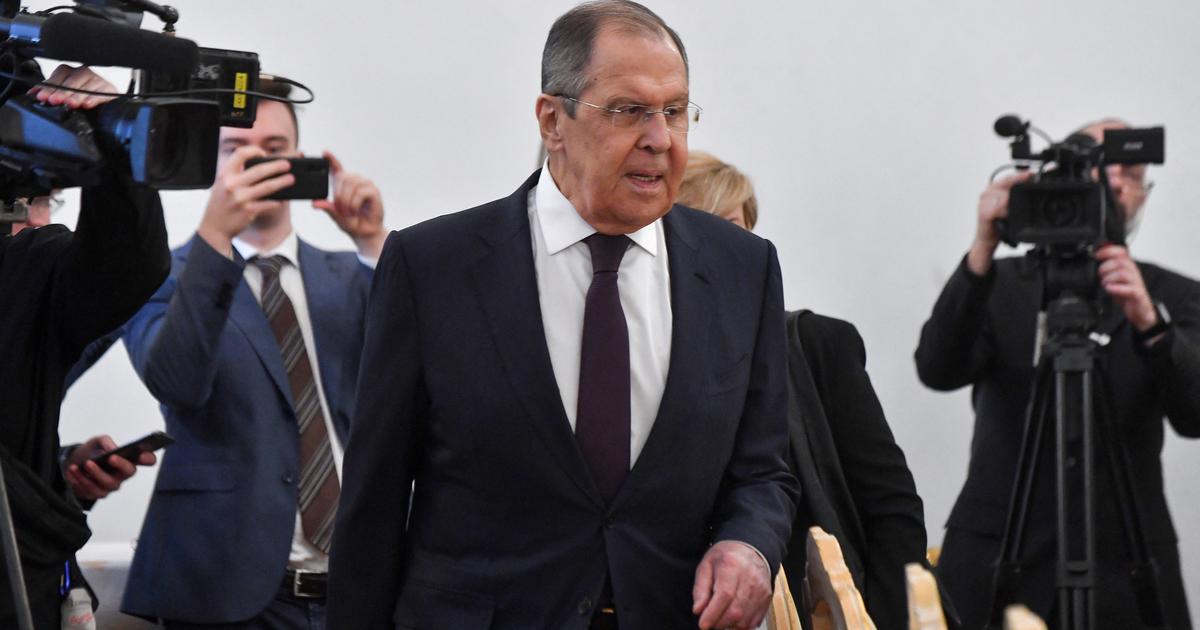Xi Jinping's foreign policy is a "shadow of itself," say experts.
The "New Silk Road" in particular could become a problem.
China's "New Silk Road" is also causing concern in Europe.
But now the project is in trouble: Experts see little plan behind it - and so some risks.
Corona and the Ukraine war have also left their mark on Xi Jinping's major project.
This article is available in German for the first time – it was first published in
Foreign Policy
magazine on February 13, 2023 .
Washington, DC - Nearly a decade after its launch, China's far-reaching Belt and Road Initiative (BRI), also known as the "New Silk Road," seems to be slowing momentum.
Lending collapses and projects stall.
That's forcing Chinese President Xi Jinping to reconsider the stalled initiative he once touted as his "project of the century."
China's Silk Road facing problems?
Lots of foreign loans to cash-strapped partners
After lending hundreds of billions of dollars, China's lending for BRI projects has fallen sharply, experts say.
This is largely due to the COVID-19 pandemic and the country's economic slowdown.
Support has also waned as partner countries are drowning in debt and projects are literally collapsing.
All of this increases uncertainty about the future of the long-term initiative.
In 2022, 60 percent of China's foreign loans went to borrowers in financial distress, down from just 5 percent in 2010, according to Bradley Parks, executive director of the AidData research group at the College of William and Mary in Virginia .
"At its peak, the Silk Road project was seen as the heart of China's economic engagement with the rest of the world," explains Scott Kennedy, an expert in Chinese business administration at the Center for Strategic and International Studies.
Now she's just a "shadow of herself," he says.
Xi's 'Marshall Plan' raises questions - 'No one knows what Beijing wants'
Xi Jinping launched the BRI in 2013 as an ambitious infrastructure development campaign that would span more than 140 countries and export China's industrial overcapacity.
It should also increase China's diplomatic clout and strengthen its global influence.
Given its scale and scope, the project has been dubbed by many as China's version of the Marshall Plan - only bigger and bolder.
However, Beijing's vision remains unclear, and this has led to increased scrutiny and controversy over the initiative and associated contracts.
“Nobody knows for sure what Beijing is up to,” says Michael Kugelman, deputy director of the Asia program at the Wilson Center and author of Foreign Policy
's South Asia Brief
.
"It has added a certain mystique to the whole thing that has led to a significant level of distrust, particularly from governments concerned about China's rise."
Instead of a slick geopolitical campaign, researchers describe the BRI as a decentralized hodgepodge of deals and projects, all loosely falling under the same banner of infrastructure development.
Hong Zhang, a researcher on Chinese politics at Harvard Kennedy School, says the new Silk Road should be seen more as a slogan than an overall program.
“A lot happened in the name of the Belt and Road project,” she explains.
"But Beijing has little control over things that happen on the ground."
Ukraine war also affects China's "New Silk Road".
Lending in China was already declining before the outbreak of COVID-19.
A trend accelerated by the effects of the pandemic and the weakening of the Chinese economy.
Chinese credit also quickly became unsustainable for many countries, particularly after Russia's invasion of Ukraine drove up world prices, with corresponding repercussions on Beijing's lending practices.
One of the most glaring examples is Sri Lanka, which defaulted on a mountain of debt in 2022 as the economic crisis worsened.
But the cracks appeared much earlier: after the country struggled to give Beijing enough money as early as 2017, it transferred the rights to a strategically important port, stoking warnings about the dangers of Chinese lending practices.
In Pakistan, almost a third of whose foreign debt is in China, protests erupted over a major port project.
And in recent weeks, heavily indebted Zambia has grappled with China, its largest bilateral creditor, over a restructuring plan.
The Silk Road project has "entered a difficult time," according to Kugelman.
"I think many, many countries have realized that they just don't have the luxury of an economic structure that can service the kind of credit that China has been making for so long."
“Chinese have not thought through the viability of many of these loan projects”
This is partly due to the haphazard execution of the project.
To fuel the initiative, many Chinese firms have become so focused on managing projects that issues of economic feasibility and risk have not been a priority, says Yun Sun, director of the China program at the Stimson Center.
"The Chinese didn't think through the economic viability of many of these loan projects because their priority was to glorify the new Silk Road and tackle projects at all costs to ensure that it actually happens around the world," she explains.
As Sri Lanka collapsed under its debt, China officially granted the country a two-year debt moratorium in early February.
And that's just one of dozens of countries that have now been granted at least a partial respite.
In 2020, China has delayed debt repayments for 77 countries.
But it has also left Chinese lenders at risk, Parks said, putting Beijing in a precarious economic position.
"They're in some kind of firefighting mode," says Parks.
"They are frankly ill-equipped for the challenge they face now because they don't have a long history as lenders in times of crisis."
EU wants to counter China - but leaves little impression on the world stage
Still, Beijing has a lot to offer to many countries that have few other options.
Bangladesh, for example, has embarked on a China-funded infrastructure investment drive that has been very popular, Kugelman said.
According to the Wall Street Journal,
China has broken new ground and expanded its investments,
particularly in Latin America .
In an effort to combat China's growing influence through the New Silk Road, many Western countries have attempted to offer their own alternative development initiatives - with little success.
By 2027, the United States and the G-7 want around $600 billion in their so-called "Partnership for Global Infrastructure and Investment," a repeat of the "Build Back Better World" campaign they launched in 2021.
Although the European Union's €300 billion response to the new Silk Road, dubbed the Global Gateway, was launched more than a year ago, it hasn't made much of an impact on the world stage.
"To be perfectly frank, I don't think any country, whether it's the US or any other nation, can match what China has achieved with its infrastructure investments," Kugelman said.
“It has now taken deep root in so many parts of the world.”
China wants to adjust strategy - but the Silk Road is too closely linked to Xi
Beijing now appears to be adjusting its strategy and relativizing its rhetoric about the potential of the new Silk Road.
The focus appears to be increasingly on smaller projects and course is being changed by offering emergency loans to debt-ridden countries.
In 2021, Xi also announced a Global Development Initiative (GDI), a small and vaguely defined program that emphasizes China's position as one of the world's developing countries and focuses on education, clean energy and poverty - all in cooperation with the United Nations.
To advance the GDI program, Chinese Foreign Minister Wang Yi has pushed for cooperation with the World Bank and the Asian Development Bank.
Parks believes the GDI program may simply be an attempt to rebrand the Belt and Road Initiative in the face of mounting criticism.
"I think it's all smoke and mirrors," he says.
But despite all the problems, one should not expect Beijing to abandon the new Silk Road or the goals behind it, because it is closely linked to Xi's person.
In 2017, the initiative was even anchored in the party statutes.
"Officially, the Chinese government would never admit that the Belt and Road Initiative was a mistake, or that the way they approached the new Silk Road was a mistake," Zhang says.
"That won't happen because the Belt and Road Initiative is so closely linked to Xi Jinping's personal political legacy."
By Christina Lu
Christina Lu
is a reporter at
Foreign Policy
.
Twitter: @christinafei
This article was first published in English in the magazine "ForeignPolicy.com" on February 13, 2023 - as part of a cooperation, it is now also available in translation to the readers of the IPPEN.MEDIA portals. *Merkur.de is an offer from IPPEN.MEDIA.
+
Foreign policy logo
©ForeignPolicy.com









